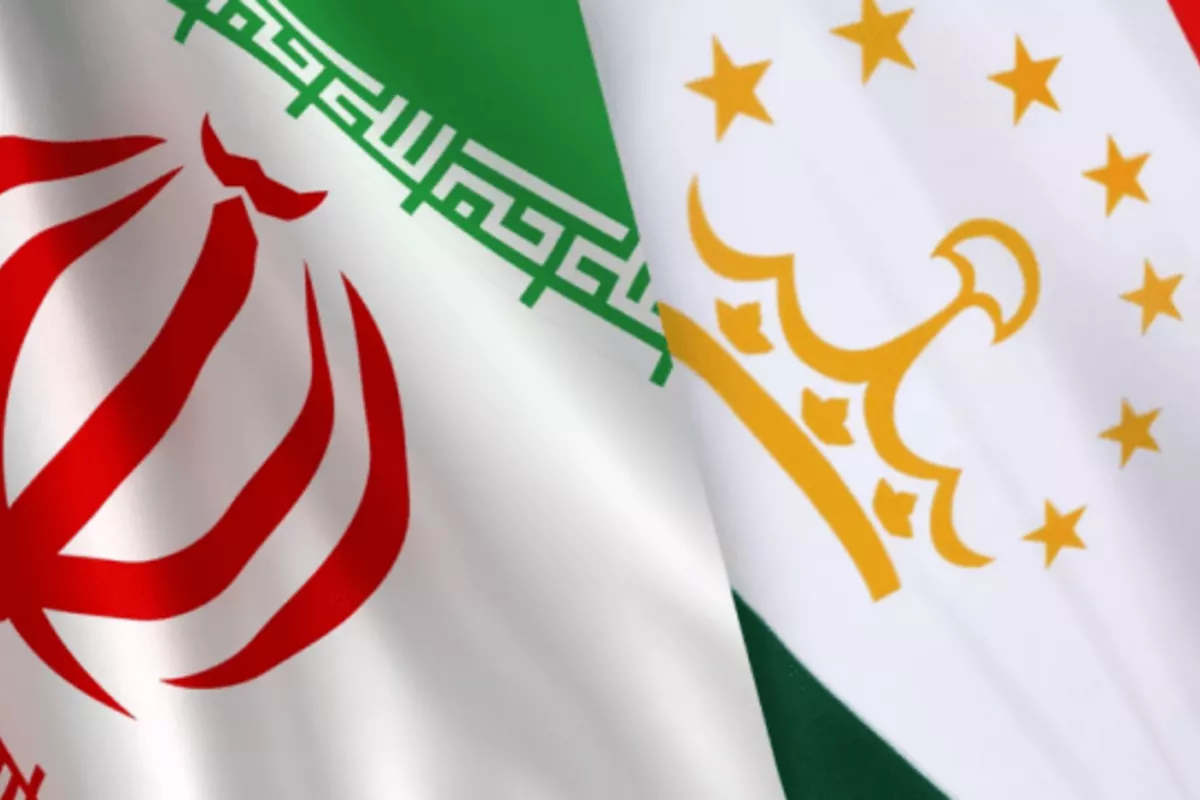
photo: Special Eurasia
Iran and Tajikistan have reaffirmed their commitment to deepening cultural cooperation during a high-level meeting between their respective culture ministers, held on the sidelines of the 11th St. Petersburg International United Cultures Forum.
Iran’s Minister of Culture and Islamic Guidance, Abbas Salehi, and Tajikistan’s Minister of Culture, Matlubakhon Sattoriyon, held productive discussions focused on launching joint cultural initiatives rooted in the two nations’ shared heritage, The Caspian Post reports via Tajik media.
Salehi highlighted the strong historical and cultural bonds between Iran and Tajikistan, noting that both countries share a common language and literary tradition. “Our nations are connected by deep-rooted cultural ties, which lay the groundwork for meaningful and lasting cooperation,” he said.
Among the proposed initiatives were collaborative events celebrating Naqqali, the traditional Persian art of storytelling, and public recitations of the Shahnameh, the Persian epic that continues to serve as a cultural bridge between the two countries.
Sattoriyon welcomed the proposals and thanked the Iranian side for its ongoing support, particularly in the recent publication and distribution of the Shahnameh in Tajikistan. She underscored the importance of such efforts in promoting cultural literacy and preserving a shared literary legacy.
Written by Ferdowsi between 977 and 1010 CE, the Shahnameh (“The Book of Kings”) is one of the most significant works in Persian literature. Comprising roughly 50,000 couplets, it is the longest epic poem composed by a single author and chronicles the mythical and historical narratives of Greater Iran. The epic remains a powerful symbol of Persian identity and linguistic unity.
In Tajikistan, a large-scale campaign is currently underway to distribute hundreds of thousands of free copies of the Shahnameh to schools, libraries, and cultural centers. The initiative, backed by the Tajik government, seeks to reconnect the younger generation with their literary roots, foster patriotism, and celebrate a shared cultural past.
Both ministers expressed confidence that their countries' cultural partnership will continue expanding, creating new opportunities for artistic exchange, joint projects, and stronger people-to-people connections.
Share on social media